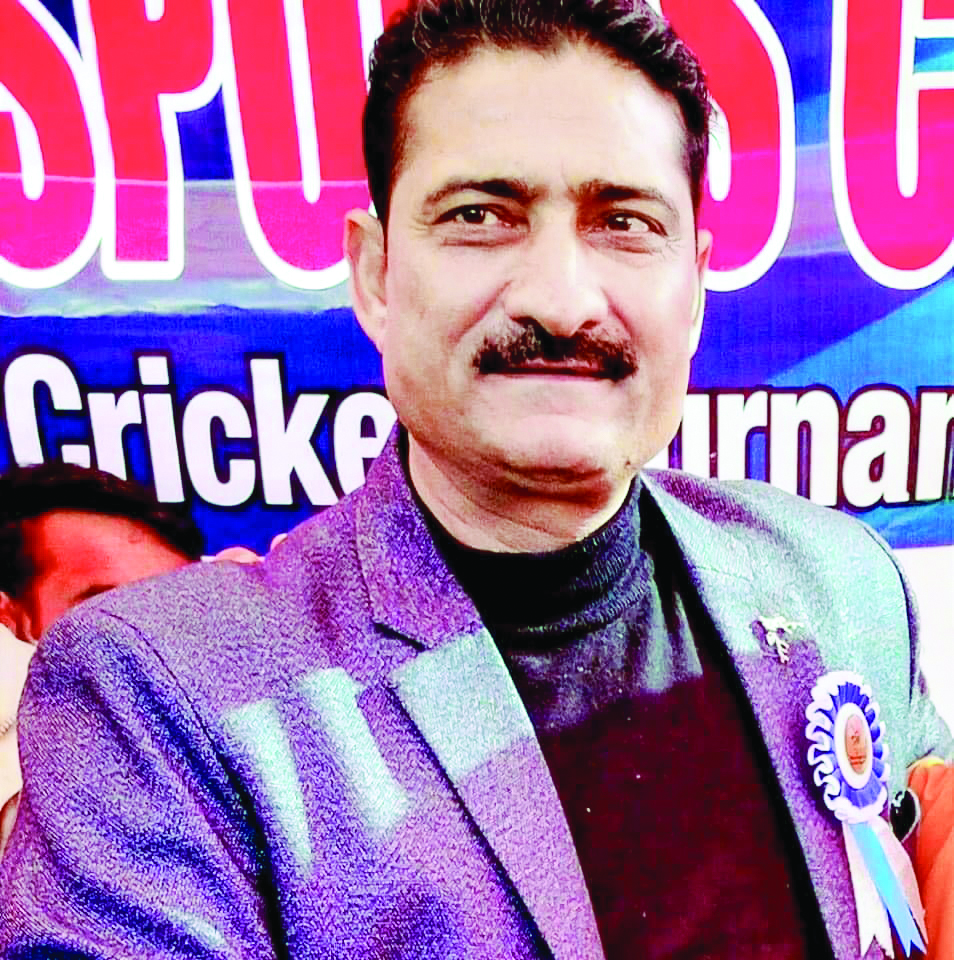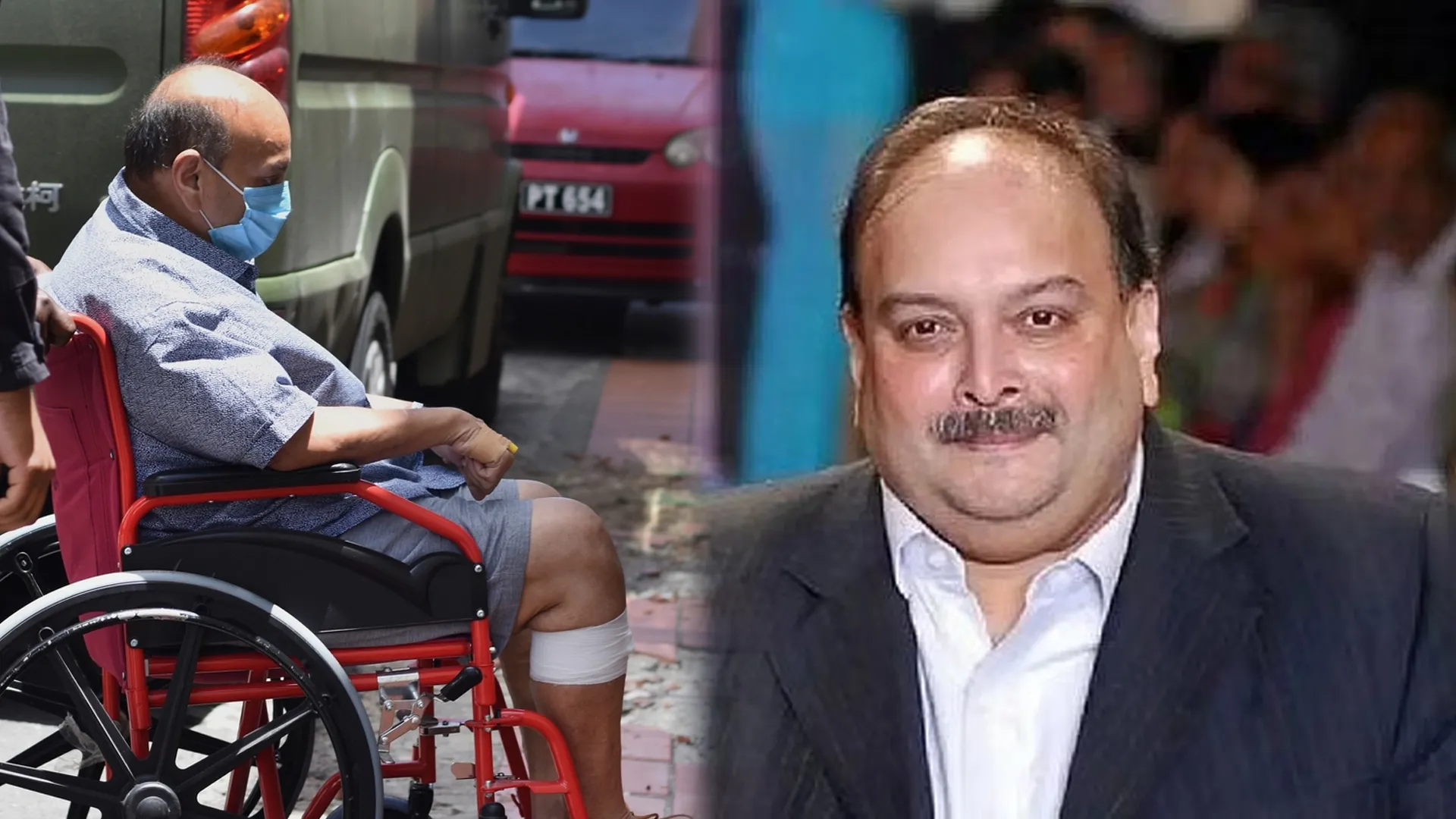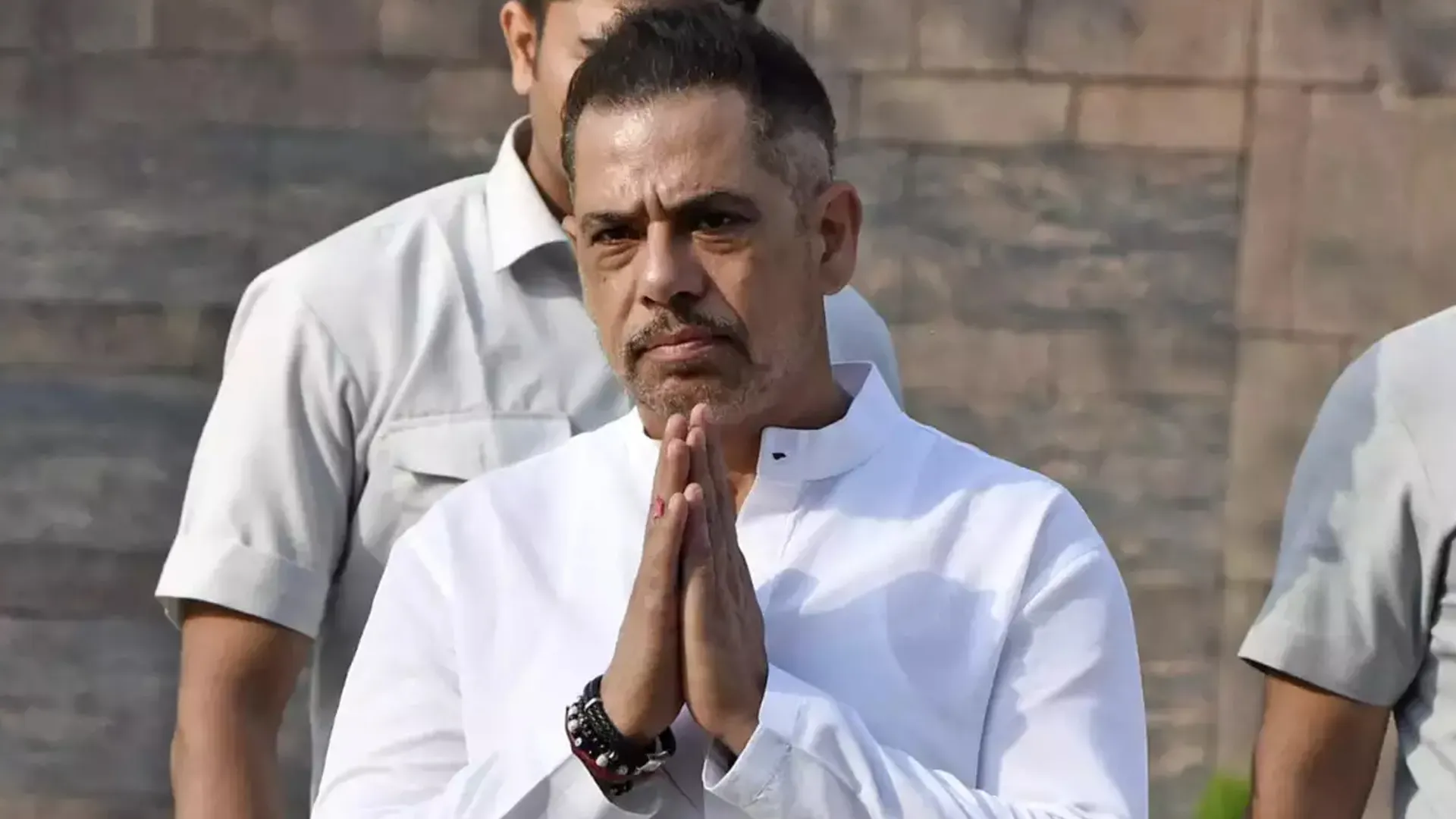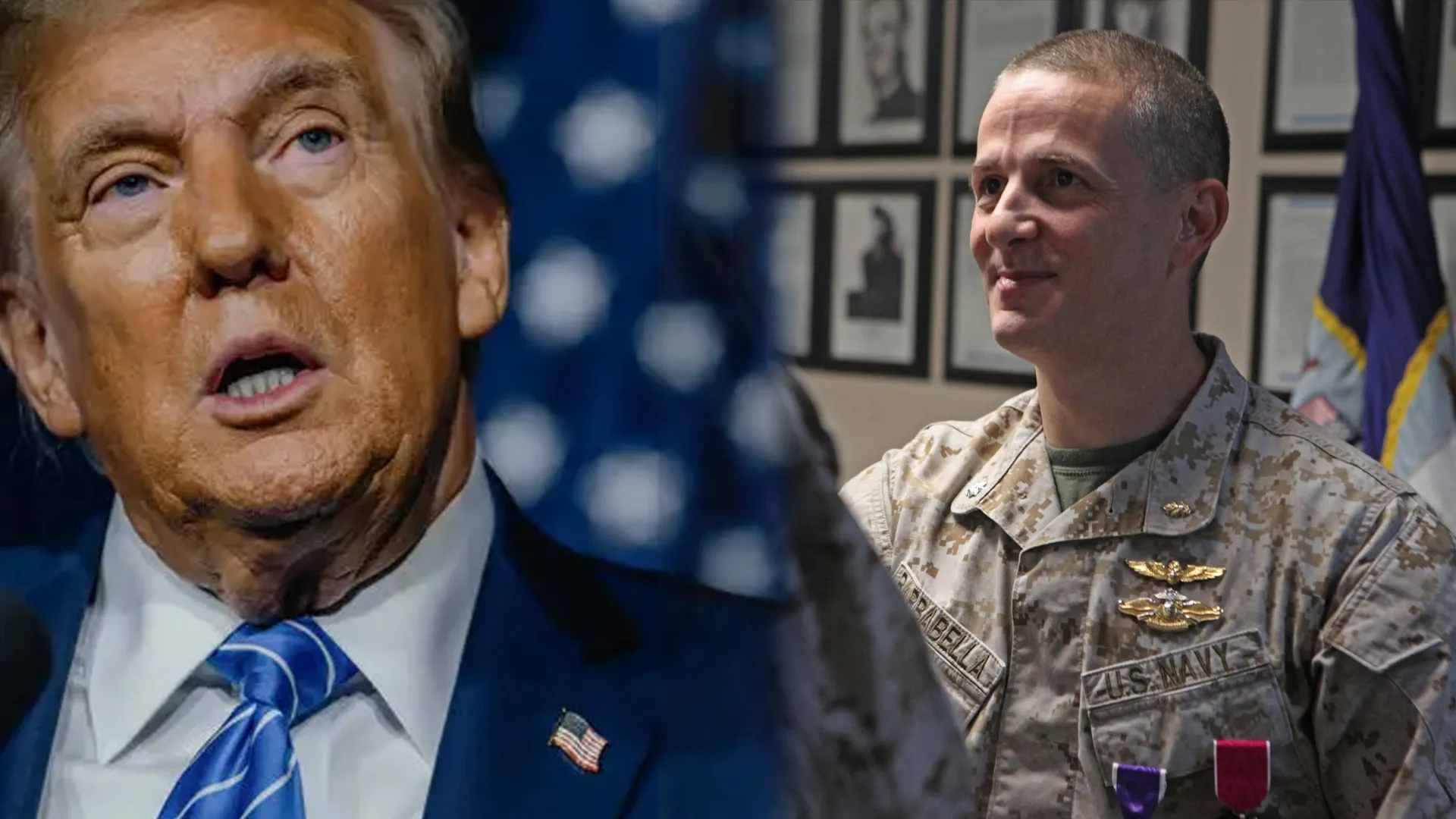Omar Abdullah’s upcoming cabinet is poised to feature 2-3 Hindu ministers, marking a significant political shift for the National Conference (NC) as it looks to broaden its representation in key regions. One of the most prominent names expected to join the cabinet is Surinder Choudhary, who secured a major victory by defeating J&K BJP President Ravinder Raina in the Pir Panjal region. Choudhary’s win over a high-profile BJP figure not only strengthens NC’s position but also highlights the party’s intent to challenge its rivals in critical areas.
In the Chenab Valley, NC MLA Arjun Singh or Independent MLA Pyare Lal are considered frontrunners for a cabinet post from the NC quota. While Arjun Singh has long been a trusted NC loyalist, Pyare Lal’s rising influence as an Independent adds weight to his potential selection. The decision rests with Omar Abdullah, who faces the delicate task of balancing party loyalty with regional representation.
Another key name likely to secure a cabinet position is Independent MLA Satish Sharma, also under the NC quota. His inclusion would further solidify NC’s outreach to diverse communities in the state, reflecting Omar Abdullah’s calculated approach to widen the party’s appeal ahead of the next political cycle. While speaking to The Daily Guardian, Satish Sharma emphasized his commitment to his constituency, stating, “My priority is my people. I want my area to be developed and issues to be addressed, as I have more responsibilities now.” His appointment, if confirmed, could bring much-needed attention to regional development issues long overlooked in the political shuffle.





















